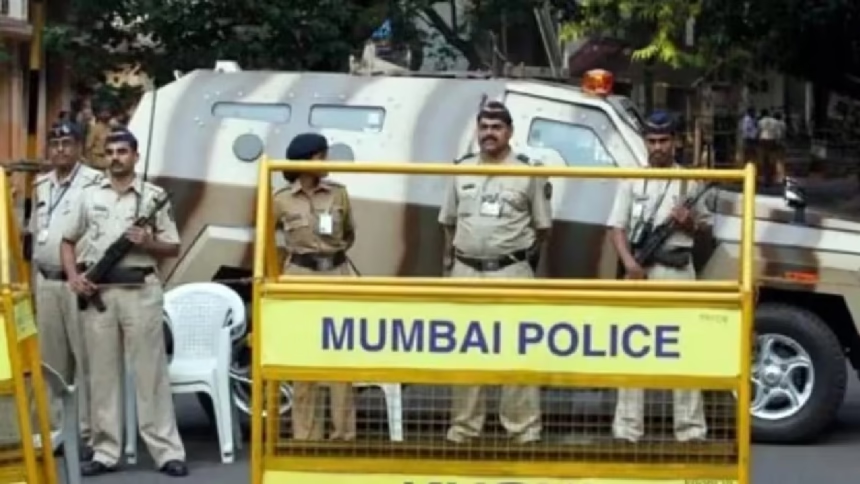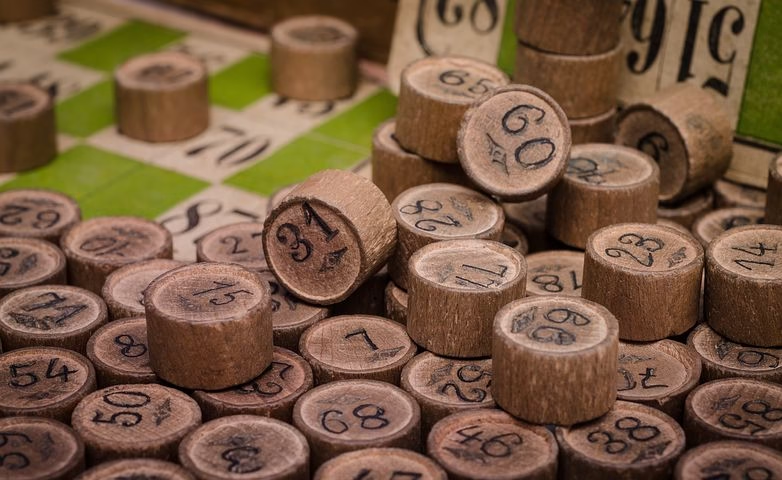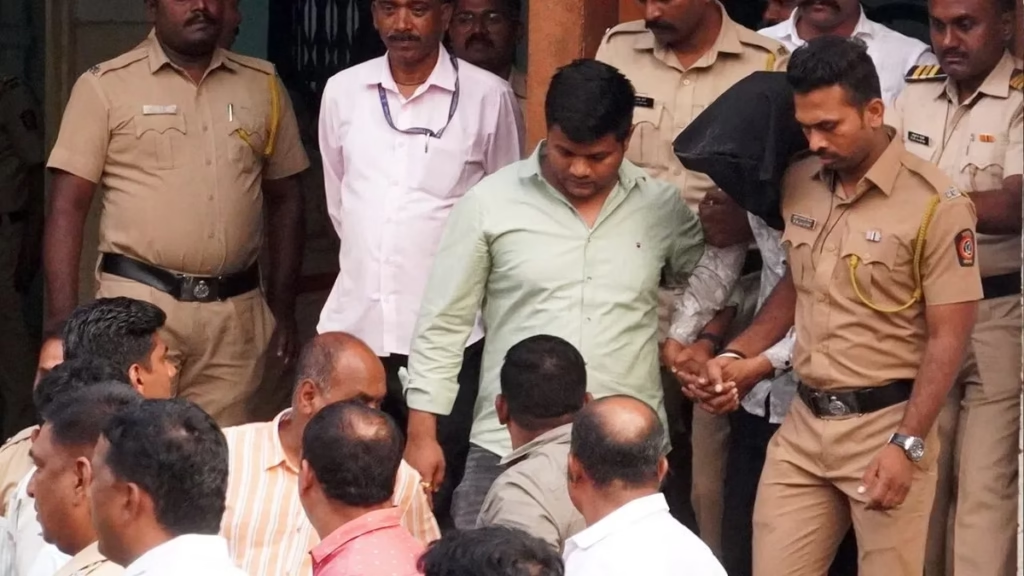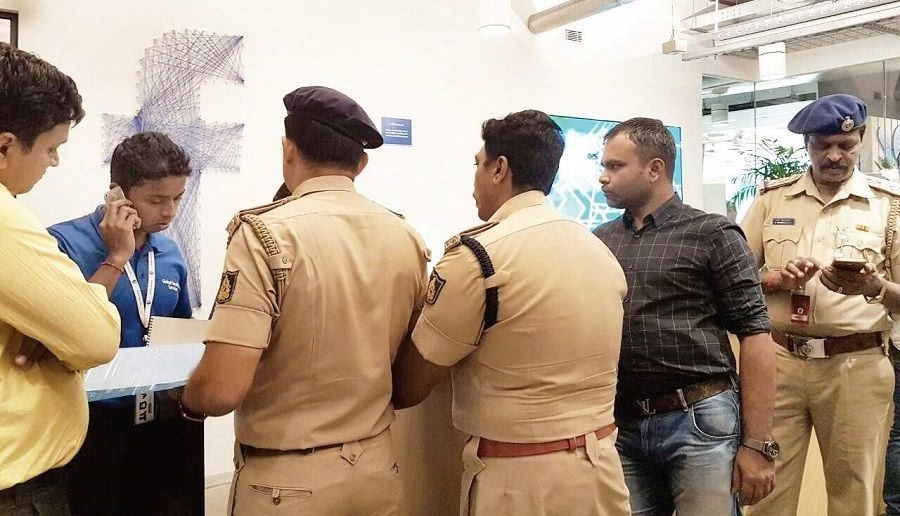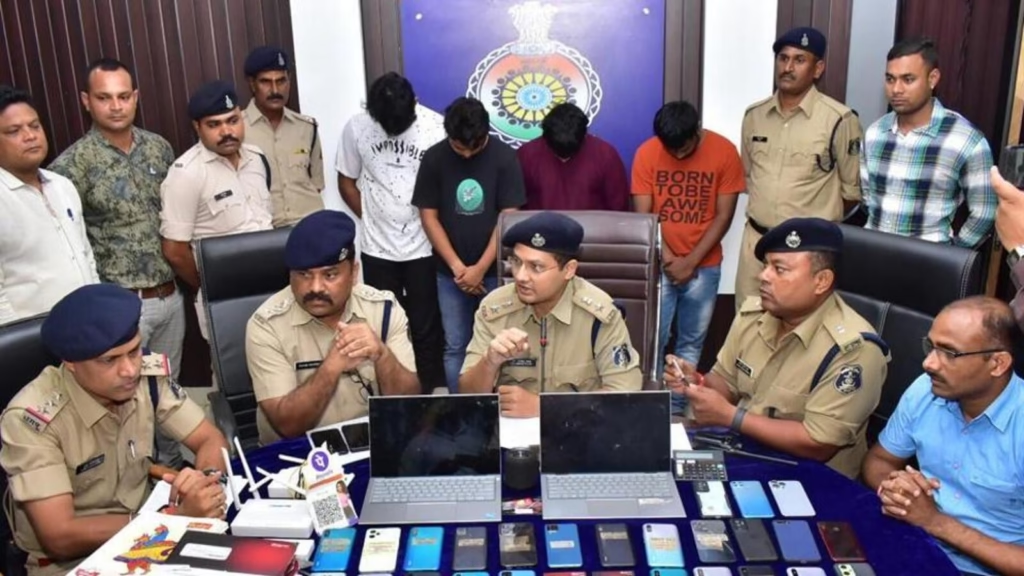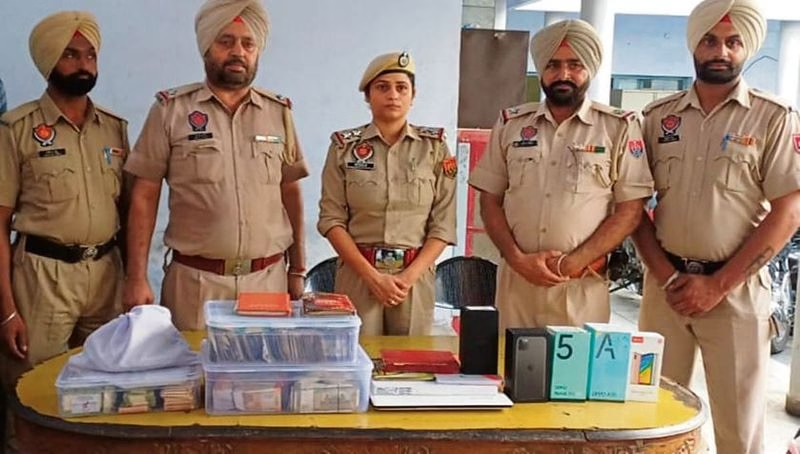MUMBAI– In the tight lanes of Kalbadevi and the old mill quarters of Parel, where stories of textile mills still echo, a secret trade continues to thrive. Satta Matka, Mumbai’s long-running numbers racket, is more than a bet. It is a habit woven into the city’s daily life, pulling in the desperate and the daring.
Now the internet has stretched its reach far beyond these streets, and the Mumbai Police have responded with force. Raids, surveillance, and cyber tracking are running in tandem to tear into an industry worth thousands of crores. This renewed push goes beyond dusty statutes. It is about addiction, organized crime, and families losing savings in a world where a phone can turn a few coins into a windfall, or wipe out a home.
The signals have been clear. In 2024, police arrested more than 200 bookies. In early 2025, Goa Police, with help from Mumbai, picked up “Matka Queen” Jaya Chheda. A senior officer puts it bluntly, “Matka is not a pastime, it targets people who can least afford it.” Here is a closer look at its pull, its structure, and the laws that still struggle to contain it.
A Short History of Satta Matka
Satta Matka, known simply as Matka, began with the cotton trade before Independence. In the 1950s and early 1960s, Mumbai traders placed bets on opening and closing rates of cotton sent from the New York Cotton Exchange to the Bombay Cotton Exchange. The word “Satta” means betting. “Matka” refers to the clay pot used to draw slips with winning numbers, much like a village raffle.
Kalyanji Bhagat, a mill worker, gave the game form in the 1960s with “Worli Matka”, holding daily sessions. Ratan Khatri, the flamboyant “Matka King” who died in 2020, raised the stakes with “New Ratan Matka”, held Monday to Friday. The game drew mill hands, small traders, and film industry insiders. At its height in the 1980s and 1990s, monthly turnover was believed to exceed Rs 500 crore. Dens mushroomed across central Mumbai’s mill belt. Payouts were eye-catching. A Rs 10 stake could return Rs 800, feeding dreams after long shifts.
The boom fed darker currents. By the mid-1990s, crackdowns spurred by underworld links pushed the trade into the shadows. In 2008, the killing of Suresh Bhagat, a key figure in Kalyan Matka, laid bare the violence behind the façade. The murder, staged to look like a truck crash on the Alibaug-Pen road, led to a wave of arrests that briefly froze draws, something not seen since the Emergency in 1977.
Matka has since split into many heads. Variants such as Kalyan Matka, Mumbai Matka, Milan Day and Night, and Rajdhani Day and Night rule the scene. Bets fall on single digits (ank), pairs (jodi), or panels (patti). The old pot draw has given way to number systems and code, with results pushed out on sites and apps. The hook remains the same. It dresses pure chance as fate, and it entices everyone from rickshaw drivers to office staff.
Mumbai Police Push Back
The latest police drive picked up speed last year and has rolled into 2025 with street raids and digital probes. In 2024, the Crime Branch’s Social Service Unit hit more than 50 dens. Officers arrested about 200 runners, punters, and bookies, and seized cash, charts with betting records, number chits, computers, and mobile hotspots used for live feeds.
Raids often land at dawn or dusk, when betting is at its peak. Back in December 2022, an early sign of things to come, a Dadar action led to 13 arrests under the Maharashtra Prohibition of Gambling Act. Police took Rs 44,240 in cash and seized devices. In May 2025, the Goa Police, working with Mumbai, searched 12 locations in Panaji, Mapusa, and Margao.
They arrested Jaya Chheda, widow of Bhagat and operator of the Kalyan Matka network, along with Gujarat-based bookies Chandubhai Thakkar, known as “D’sa”, and Ghanshyam Bhai. Twelve FIRs were lodged under Goa’s Prevention of Gambling Act and the Bharatiya Nyaya Sanhita. The investigation pointed to an interstate network.
This year, the focus has shifted even more to the web. Cyber units, tipped by anti-gambling groups, have targeted sites such as SattaMatka.com, DPBoss.net, MatkaBoss, and Satta Matka DPBoss. Many of these platforms sit on overseas servers or hide behind VPNs. Their pages look polished, with live results and chat rooms. Most lack SSL certificates, verifiable owners, or contact details. Money moves through hawala or mule accounts, which helps hide revenue and avoid tax.
In February 2025, the Enforcement Directorate widened the fight. It broke a racket in Madhya Pradesh linked to “Satta King” Lokesh Verma. The ED raided Mhow’s Gujarkheda area and attached Rs 9 crore in assets. Investigators traced proceeds from apps like Dhangames through fake bank channels. The case, first probed by police in 2020, stretched into Karnataka and other states, with daily stakes in lakhs. Mumbai’s role was in intelligence. Leads suggested links with operators in the city, and claims of “fixed” numbers fed from local contacts.
Senior IPS officer Vijay Kamble, who leads the Crime Branch’s anti-gambling cell, says public complaints drove the shift. The helpline has logged more than 500 tips since January, many from families hit by debt. Raids now include AI tools to track IPs, with support from the Indian Cybercrime Coordination Centre (I4C). The chase remains tough. Bookies move fast, and many run “private” draws on Telegram or WhatsApp.
Why the Pressure Has Grown
The push is not random. Matka harms the vulnerable. In a city where many live in slums and gig work pays little, quick money has a strong pull. Dr Priya Mehra of the National Coalition Against Gambling warns that Matka addiction mirrors substance misuse. People lose homes and jobs, and some take their own lives. NCAG data suggests over 10 million Indians face gambling disorders, with Mumbai accounting for about 15 percent. Families report monthly losses of Rs 50,000 to Rs 1 lakh per gambler, which traps them in debt with loan sharks.
The crime link raises the stakes. Once linked to figures like Haji Mastan, Matka now feeds newer networks, from extortion to smuggling and worse. In the ED’s Verma case, trails led to Dubai and into real estate. The murder of Bhagat reminds the city what turf wars can bring. Fixers manipulate number systems using computers, turning chance into a racket.
The economic hit is large. Police estimate annual turnover in Mumbai at around Rs 1,000 crore. Lost taxes could be Rs 200 to 300 crore a year. Groups like the All India Responsible Gaming Forum have staged protests in Delhi and Mumbai and pushed for blocking illegal sites. “Old laws chase shadows while apps keep growing,” says AIRGF’s Ravi Shankar. The social toll is constant. Schoolboys blow pocket money. Women pawn jewellery to cover debts. After COVID job losses, calls to helplines jumped by about 30 percent.
Police also point to public order. Many dens double as drug points and bring petty crime to the area. The late Home Minister RR Patil’s 2008 line, “Do not let matka rise again,” still guides action. Maharashtra Chief Minister Eknath Shinde has backed special cells. Kamble adds that the response includes care, with 100 addicts a month now sent to counselling.
India’s Gambling Laws
India’s base law on gambling dates to the 19th century. The Public Gambling Act, 1867 bans public gambling and running common gaming houses. It was built to control excess without sweeping bans. It targets those who keep or manage places for games of chance. Penalties are light by today’s standards. A keeper can face up to three months in jail or a Rs 200 fine. Players caught on public streets face smaller penalties. Section 3 treats places with gaming tools for chance, such as cards or dice, as unlawful. Section 12 allows raids with warrants.
There are carve-outs for games of skill. Courts have treated horse racing as skill-based. State lotteries are permitted. Rummy and poker are often passed off as skill. Matka rests on chance, so it falls foul of the law. Maharashtra adds its own controls through the 1887 Prohibition of Gambling Act, which mirrors the older law but adds fines up to Rs 2,000.
The core law does not mention the internet. It does not speak to apps, crypto wallets, or VPNs. States have moved in different directions. Goa and Sikkim allow casinos with controls and taxes. Telangana and Andhra Pradesh ban all online gambling, with jail terms of up to a year. Mumbai relies on central and state laws that predate smartphones.
The Supreme Court and the Law Commission, in a 2018 report, have both urged reform, with talk of legal regulation and tax. A draft Gaming Bill in 2022 suggested a national framework, but it has not passed.
The gaps are clear. Sites hosted abroad dodge Indian jurisdiction. Court rulings over what counts as skill muddy the field, as seen in fantasy sports cases like Dream11. Dr Mehra sums it up this way. Alcohol is regulated, but random number apps flourish. Policy has not kept up.
Inside the Betting Spiral in Mumbai
The figures hide real pain. In Andheri, a 45-year-old tailor, Salim Khan, lost Rs 3 lakh on Matka apps. His daughters left school when the debts mounted. At an NCAG meeting, he says one big “jodi” win set him chasing losses. In Thane, a 2024 raid stopped a 22-year-old, Priya, from taking her life. She had lost Rs 50,000 on Kalyan Matka after trusting a partner’s promises. Police diaries list more cases. Evictions, fights at home, youths pulled into debt by syndicates.
Rehab centres report a surge. The Hope Foundation in Mumbai says four in ten of its cases now involve Matka. Group therapy focuses on triggers such as stress and peer pressure. “It passes down the family,” says counsellor Neha Patel. “Fathers who played after mill shifts now see sons doing it on phones.”
Mumbai Police plan more raids leading up to Diwali. A list of 100 suspect sites sits with cyber teams. The bigger question remains. Can policing alone curb Matka? Many campaigners back a regulated approach. They propose licensed platforms with age checks, support lines, and strict audits, with national revenues redirected to public welfare. They point to casino taxes in Goa, which raise about Rs 500 crore a year, and argue that lawful channels with oversight would reduce harm.
Opposition is real. Bookies work through fronts. Some politicians prefer soft moves to keep blocs happy. The ED’s asset seizures mark a tougher stance, but clogged laws make long-term control hard. For now, streets are a little quieter. Fewer whisper networks, fewer slips of paper. Yet the glow of screens remains. The game carries on, legal or not.
In a city that sells hope, Satta Matka is not just numbers. It is a wager on survival. Police can smash dens and block sites. Until the rules change and support systems scale, new pots will appear, filled again by those who cannot stop.
Related News:



